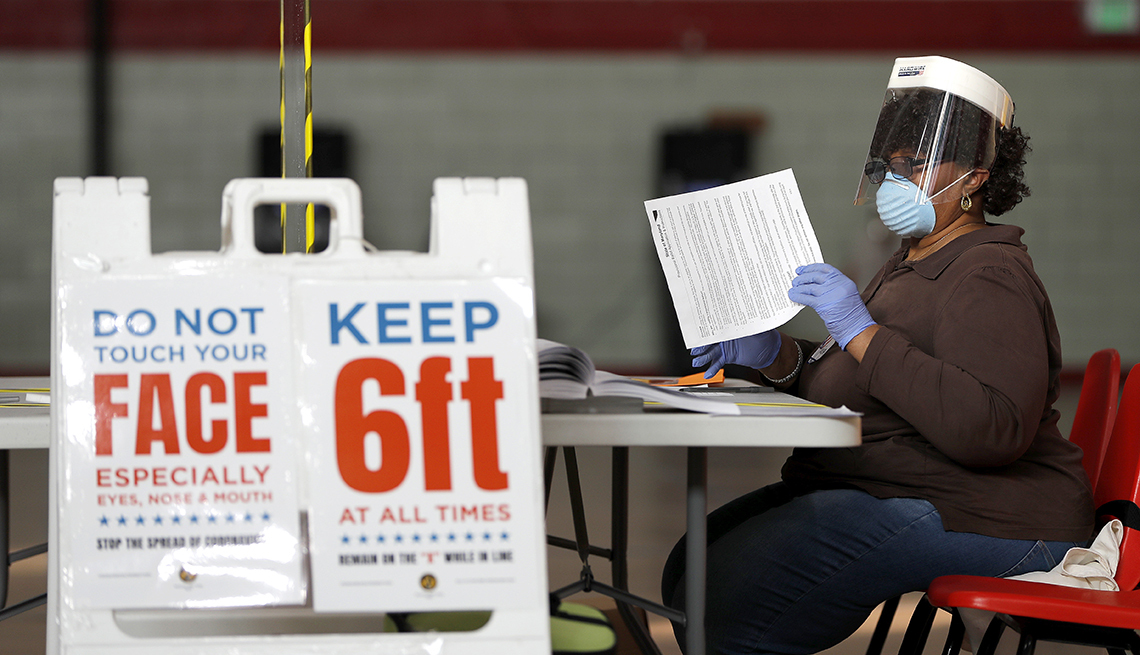
Will older voters decide the 2020 election?
- Select a language for the TTS:
- UK English Female
- UK English Male
- US English Female
- US English Male
- Australian Female
- Australian Male
- Language selected: (auto detect) - EN
Play all audios:

STAKES HIGH IN STATE RACES It won't just be the president faced with rebuilding a ravaged economy and restoring faith in government and social systems after COVID-19 passes — or with
handling a second wave of illness. Many of those decisions will be made by people running for state-level offices and those chosen to represent us in Congress. In November, voters will elect
the entire U.S. House of Representatives, about one-third of the Senate, 11 governors and thousands of state legislators in 86 chambers across the country. The results of some races will
have long-lasting impacts. Next term's U.S. senators might confirm one or more Supreme Court justices. State legislators likely will oversee post-census redistricting that could change
the balance of power for the next decade. But one thread running through the races is the differing views of the parties on the role of government as the country rebounds from the pandemic,
say Larry Sabato, director of the University of Virginia Center for Politics, and Christina Greer, associate professor of political science at Fordham University. Will new leaders support
the growth of telemedicine, nursing home reform or health care research? Here's a look at what is at stake in November. CONTROL OF CONGRESS Each party currently controls one side of the
U.S. Capitol: Democrats have a majority in the House, and Republicans have the edge in the Senate, where races in Maine, Arizona, North Carolina and Colorado are among those expected to be
most competitive. THE FEDERAL COURT SYSTEM Two Supreme Court justices are in their 80s. The question of who will nominate and vote on their replacements (once they or other justices retire)
looms large in the presidential and senate races. (The Senate approves high court as well as lower–level federal judges.) “Presidents and senators will come and go. The court will be there
30 or 40 years,” Greer says. GOVERNORS AND LEGISLATURES The pandemic has pushed governors to the forefront of public attention as they sometimes clash with President Trump over the balance
between stopping the spread of the virus and getting the economy back on track. Republicans now control about 60 percent of the state legislative chambers, according to the National
Conference of State Legislatures. State legislatures and, to some extent, governors will have a long-term impact if they can rework federal and state legislative districts in ways that boost
their party's political power for the next 10 years. _—Tamara Lytle_
